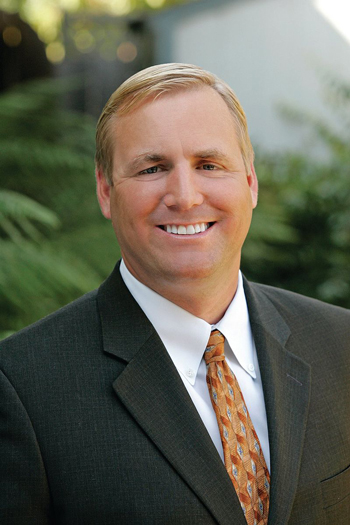Bill text available here
June 11, 2017 - WASHINGTON – U.S. Representatives Jeff Denham (CA-10) and David Valadao (CA-21) has introduced H.R. 2779, the “Assessing Critical Care Efforts to Strengthen Services Act” (ACCESS Act), a bill to field-test the best Medicaid reimbursement strategies, with the goal of incentivizing more physicians to operate in areas with a high population of Medicaid enrollees, like California’s Central Valley.

(Left) Congressman Jeff Denham
“While the American Health Care Act addresses the issue of rising premiums to stabilize our nation’s healthcare system, we must also address the core issues that prevent patients from being able to find and keep a doctor who will accept their coverage,” said Rep. Denham. “California’s low Medicaid reimbursement rates only exacerbate the Central Valley’s existing doctor shortage.”
Congressman Valadao stated, “Here in the Valley, we know all too well that possession of an insurance card does not equate to healthcare services and medical treatment. By correcting California’s reimbursement method, we can encourage medical professionals to not only set up their practices in the Valley, but to provide medical services to all patients, including those who rely on the Medicaid program.”
“The Medicaid expansion under the Affordable Care Act has strained a system that now leaves too many Californians without options for quality healthcare – including, too often, the basic ability to see a physician. Jeff and David have identified a solution to encourage more doctors to practice in the Central Valley communities most dependent on Medicaid. Following the House passage of the American Health Care Act we continue to put forward ideas to make our healthcare work for all Americans,” said House Majority Leader Kevin McCarthy.
The ACCESS Act will create a Medicaid Payment Model Demonstration Project through the Center for Medicare and Medicaid Innovation (CMMI) to focus on payment models for recruiting and retaining physicians to serve low-income individuals residing in counties with a disproportionately high share of Medicaid enrollees. The project’s findings can be used to help attract and retain physicians to areas in need of better care and inform the national strategy for addressing this issue.
California ranks 48 out of 50 states for Medicaid reimbursement rates, creating a disincentive for physicians to take on more Medicaid patients or practice in areas with a higher prevalence of Medicaid enrollees. Additionally, more than 12 million Californians are enrolled in Medi-Cal (California’s version of Medicaid), or approximately a third of California’s population, and over 35 percent of residents in California’s 10th congressional district are covered through Medi-Cal.
Further complicating the issue for California is Gov. Jerry Brown’s recent redirection into the general fund of $1.2 billion in Prop 56 dollars that were supposed to go toward improving reimbursement rates for physicians accepting Medi-Cal. There is still no word from the governor’s office as to whether he will honor the will of voters.
Source: Congressman Jeff Denham
